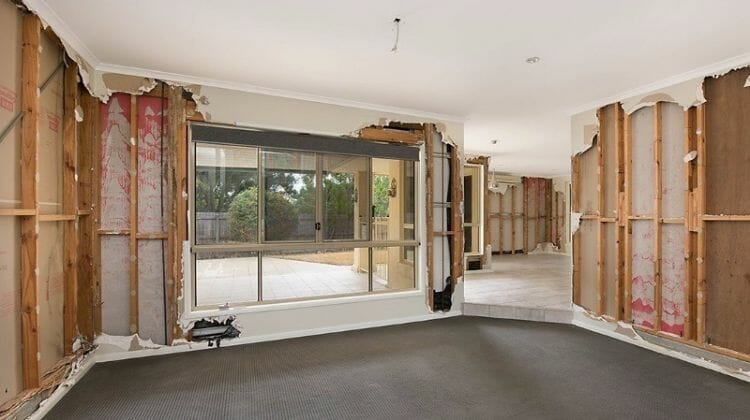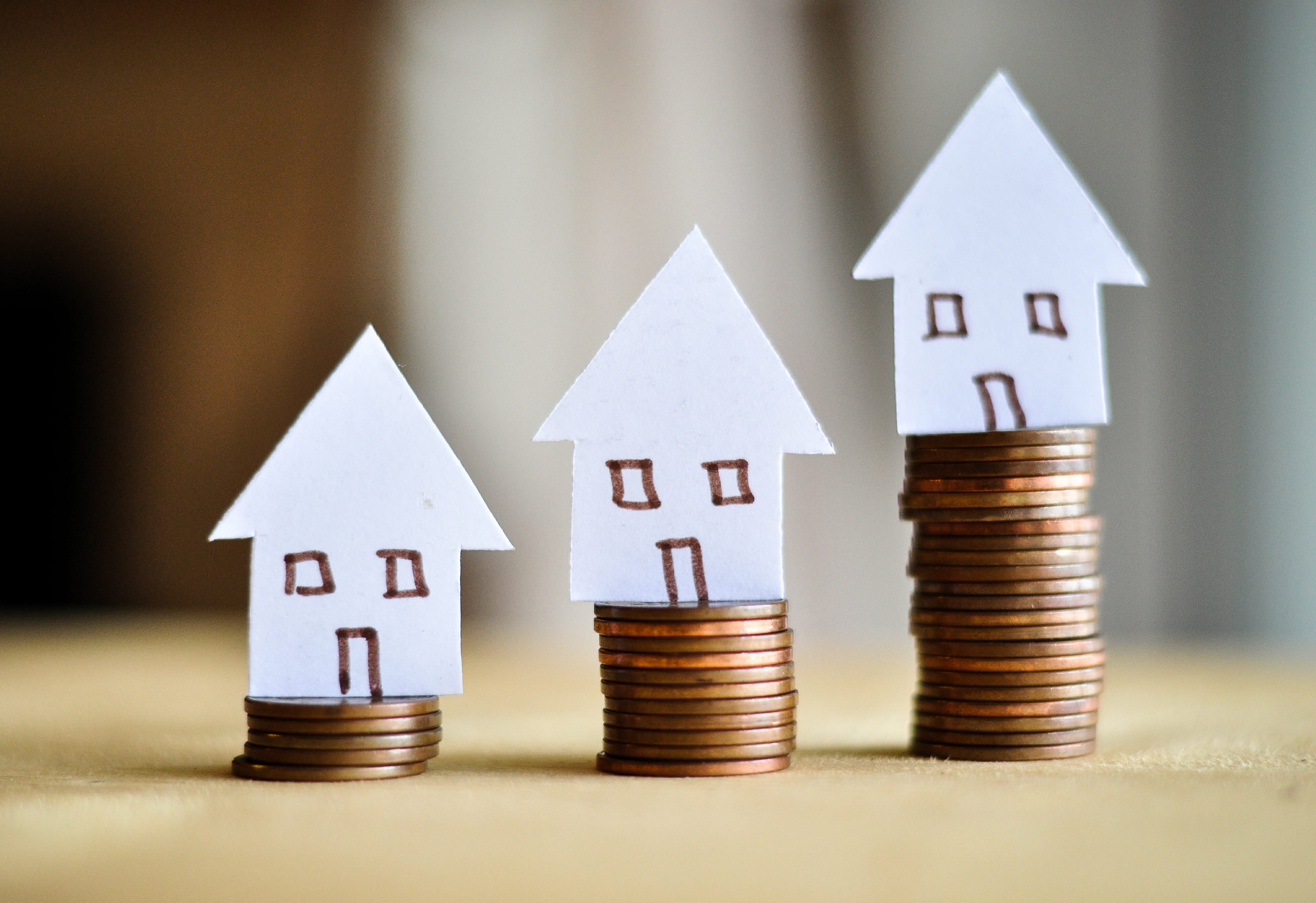For most of us, buying a house feels about as achievable as putting a Malaysian on the moon: Technically possible, but not likely gonna happen in this lifetime.
However, for those of us who have squirrelled away some savings over the years, it’s not that far away a goal.
The worst thing that could happen is seeing all your economy rice-earned money going to some bank account scammer. Better to have it in something concrete (see what I did there), like a house.
So, curious about the property market, I did a bit of research. And by research, I mean I just asked my friends lah. Here’s what I’ve found.
1.Buy In A Developing Location
‘Location, location, location’. We’ve all heard it before, but what does it mean, anyway? Simply put, your house’s location must be near to shops, public transport, highways, offices, and parks.
You don’t want to spend 20 minutes on the road just to get to a Tesco.
But as my Uncle Ben says, “With great location comes great congestion.” All the good places with easy access to everything tends to be clogged up with jams.
Not to mention the property prices in these places are more expensive than my superficially relevant university degree.
Top advice from a friend: “I research on the developer, the area generally, and the development plans for the area. I don’t want the place to be congested 5 years down the road. It should be well developed to have everything I need with ease, but not hectic like in the vicinity of KLCC.”
For example, Bandar Malaysia (this was back before the 1MDB scandal, by the way) was touted as a good place to buy your first home, because there is to be development of a whole ecosystem of offices, shops, malls, and highways.
Another location that’s getting a lot of buzz is Johor Bahru. With all investment coming in from China and Singapore, there’s tons of property being developed there, Country Garden being the most well-known developer.
As a friend said: “Buying fresh from developer could be a good buy if it was boom time like 10 years ago. For example, Tropicana City Mall in KL. My friends bought their apartment at RM 250k, now it’s worth freaking RM 600-700k. That’s almost 3 times the investment in 6 years!”
That said, there’s a property overhang currently happening in JB, so I’d recommend doing your research before jumping in.
2. Research Average Rental In Area

A friend of mine shared their first disastrous house-buying experience:
“Stupid me, I buy expensive property haha. My monthly loan was RM3400, but the rental was only RM1800-2000. So every month I burn money making up the difference.”
“I had bought something nicer for myself: RM 460 per square feet after discount, close to LRT. Everything across the street at Ara Damansara was selling at RM800 per square feet, so I’m like, OK la, sure win! How I know the rental so low?”
To be honest, it shows how much more complicated property markets are than the old saying “Property appreciates, cars depreciate.”
As my friend learnt firsthand, it’s not always a good investment to simply buy a property in the hopes that the rent will pay it back.
There are so many other factors, like competitors’ rental prices, people’s purchasing power, and whether you have enough capital to foot the monthly payments yourself.
What seems like a good deal may have hidden reasons for being that cheap. Buyer beware!
3. Find Out Why The Owner is Selling
Let’s say you want to buy from an existing owner, not from a property agent.
If the owner is selling because the place is infested with termites, or because there’s a new development coming in next door that’s cheaper and better, or because the tenants are causing problems, they are red flags.

[source: pestcontrol. Sg]
Sometimes you’ll have to find out the reason not from the mouth of the owner themselves, so you’ll need to do a bit of digging.
You can look at reviews online, recommendations from friends, or simply ask a tenant of the place you’re looking to live in.
4. Research The Property Developer

[source: sunwayproperty. Com]
Oftentimes we trust a property developer based on how professional the showhouse looks, how many times we’ve heard the name, and how often we see its ads.
But all of that is branding. Truth be told, not all big developers can be trustworthy.
As a friend in the business quipped:
“If you’re talking running away with your money, not to say a big developer won’t run away. A small developer can run away, a big one can run away. A small one might be hungrier for your money, a big one could decide to cut their losses.”
There’s no way around it, you have to do your research – Get all the facts, then buy.
Google the property developer’s past projects and see if there were any controversies surrounding them.
By any means possible, check the reputation of the property developer is sound. You don’t need to know high level executives within the company, but as long as you get an unbiased review, it would be a plus!
5. Don’t Buy From Just Looking At The Plan
Property agents will do whatever it takes to close the deal. This is particularly true for house units that haven’t been constructed yet.
A typical bad experience for new developers is them promising you a lot of things before signing, but when the actual unit is ready for viewing, it’s never as per what they say.
And of course, there’s the scare tactic of telling you there’s only a few available units left and you NEED to put in a booking fee or they’ll be snapped up!
Top advice from a friend:
“Actually, it is illegal for a developer to collect any money before signing a sale and purchase agreement (SPA). But you’ll be surprised to find a lot of us do not know our legal rights. After moving in, I realised that the units are not even completely sold out, with only 50% actual occupancy.”
Never buy properties off the plan and to only buy from developers that would allow buyers to buy once the unit is completed, so you can actually see the real unit.
6. Nothing Is Both Cheap And Good
According to a friend who wanted a house renovated after buying it:
“We had a contractor whom we found online but apparently, he sublet to someone else to do it. Price-wise we thought it was reasonable but the workmanship turned out to be horrible. We got them to redo until we were satisfied but it was a painful process.”
If someone is good at something, they will never do it for a cheap price. So pay for what the work is owed, and don’t try to cut corners just to save a quick buck.
You might end up with more problems in the long run trying to fix the damage that poor workmanship has caused.
In Conclusion

[source:onetouchinvestment. Co. Uk]
A lot of research needs to be done before you make the leap from rented to buying property.
Look for testimonials and ratings. Getting a friend’s recommendation is always a plus.
Sometimes, it comes down to trial and error. And your first property may be the biggest mistake of your life (at the time).
But weather out the storm, and when you look back in 5-10 years, you’ll be wiser and gladder you made it through.
What tips do you have for buying property? Let us know in the comments on Facebook!
For more articles about living in Malaysia, read From the Horse’s Mouth – How the New E-hailing Rules will Impact Drivers in Malaysia And 5 Things Non-KL People Learn After Moving to KL.

You might also like
More from Real People
‘A RM100 fee cost a company 5 years of revenue’ shares M’sian
This story is about a Malaysian who learned that bureaucracy can be defeated simply by not arguing with it.A billing …
‘I quiet-quit, upskilled, and tripled my salary,’ shares M’sian engineer
This story is about a Malaysian who learned that loyalty without leverage leads nowhere in the corporate world.After years of …
‘I did everything right, and it still wasn’t enough’ shares M’sian graduate
This story is about a Malaysian graduate navigating big dreams in a job market where a degree no longer guarantees …

















